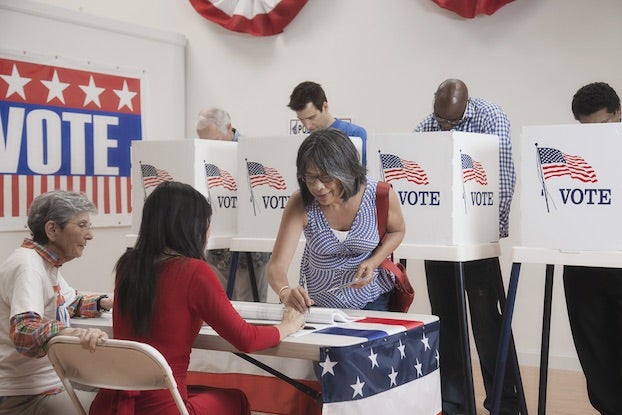Online learning has become high priority
Published 6:00 pm Wednesday, July 1, 2020
Gov. John Bel Edwards has decided to use $50 million in discretionary federal dollars in two critical state areas. Public school students will get computers and improved internet access with $32 million, and higher education will get $15.5 million to quickly train students for high-demand jobs.
The Advocate reported that Edwards sought input from education leaders in the state and in the Legislature on how best to use those funds. The governor said it became evident that the best use of the funds would be addressing the shortage of devices and connectivity.
“Once schools resume, we know they will have to operate differently,” Edwards said. “Distance learning will be a critical tool to enable student learning to continue.”
The newspaper said about one-third of households in the state lack internet access and others are dependent on weak signals. More than 1 in 4 public school students lack access to a computer or tablet at home.
Cade Brumley, state superintendent of education, said the governor’s use of those funds will mean about two-thirds of the state’s 720,000 public school students will have their own devices. Brumley said he knows the governor wants all students to have their own computers, and this funding will help get them there.
Kim Hunter Reed, commissioner of higher education, said she asked state economic development leaders about a month ago to identify the top job needs around the state. High-demand jobs include emergency medical technicians, which pays $36,000 a year and requires one semester of training, or five months. Other jobs are nurse assistants, $28,000 per year; cyber-security analysts, $60,000-$80,000; and mobile crane operators, $65,000.
Reed said officials at community colleges were asked to gear up to make credentials linked to those jobs available quickly. The goal, she said, is to allow people into employment at no cost to the individual.
Higher education will use $4.5 million of its funding to narrow the digital divide, including training on how to deliver courses by the state’s roughly 10,000 faculty members. Reed said 1,200 laptops have been delivered to colleges and universities, and a state survey showed the need for 14,000 laptops, 14,000 hot spots and 5,000 iPads.
The coronavirus pandemic has made it crystal clear that online learning is here to stay for both public school students and college and university students. Edwards, Brumley and Reed are all on the same page in their determination to give those students the tools and training they need to succeed, and that is welcome news.





